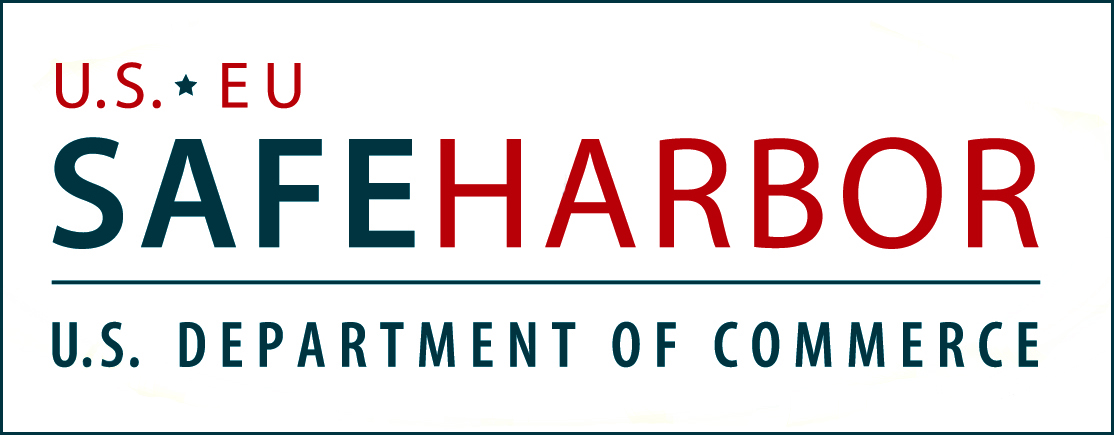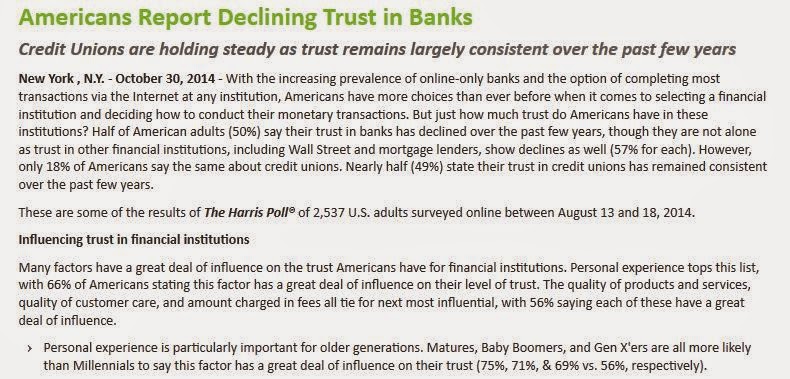Mexican social media was abuzz after 18-year-old Agustin Flores allowed himself to be set on fire in protest against political corruption in the Mexican state of Chiapas.
President Obama of the USA told ESPN radio last week that social media "Polarizes Society." Around the same time, Twitter suspended the terror group Lashkar-e-Taiba (LeT) founder Hafiz Saeed's Twitter account. Saeed planned the 2008 Mumbai terror attacks. Just before the account was suspended, Saeed called for Pakistanis to help Kashmiris get "freedom" from India.
In New York, Facebook has attempted to retroactively block search warrants that allowed authorities access to more than 300 Facebook profiles. The warrants investigated the profiles of individuals that lied about disabilities to receive financial support from the government. Photographic evidence found in Facebook profiles showed the individuals participating in water sports and martial arts despite claiming debilitating disabilities.
In an event entitled “Clicks, Tweets and Likes: Canadian Democratic Citizenship in a Digital Age,” Canadian researchers released the results of an ongoing survey looking at the impact of social media and politics in Canada. There is apparently little impact. Sixty percent of Canadians have a Facebook profile and 18 percent have a Twitter account, yet only 15 percent share political content on Facebook and only 5 percent on Twitter. A researcher stated, “We’re finding Canadians don’t spend a lot of time on Facebook or Twitter interacting with politicians, or even with each other. One of the big things they do is go to government websites to get information. People are more interested in e-government than e-politics, more interested in services and less interested in being politically engaged.”
Channel 4 News in the UK successfully uncovered the Indian marketing executive based in Bangalore running Shami Witness, one of the top pro-ISIS Twitter accounts. Shami Witness has since shut down his twitter account and the man allegedly behind the account has been arrested.
In Hungary, another protest against Prime Minister Viktor Orbán was organised via social media and staged on the streets of Budapest this past Thursday. Called "Our Nation, Our Money," this protest demonstrated against the eviction of the National Gallery and National Széchenyi Library from the Buda Palace to make room for the Prime Minister's office.
The International Criminal Court Prosecutor Fatou Bensouda withdrew charges against Kenyan President Uhuru Kenyatta for the 2008 post-election violence. The ICC Prosecutor said social media harassment of protected witnesses and the Kenyan government's refusal to share information hampered her investigation.
The Turkish government's ruling party is allegedly spreading rumours in social and traditional pro-government media that the two Turkish authors Orhan Pamuk and Elif Shafak are part of a pro-West international literature lobby that aims to attack Turkey's government. Pamuk is a Nobel Prize winner and Shafak referred to the massacre of Armenians in one of her novels.
Erlan Karin, the director of the Kazakhstan Institute for Strategic Studies under the president of Kazakhstan (KazISS) told journalists Tuesday that blocking websites is a reasonable and effective approach to ensuring information security. His statement arose after an ISIS video showcasing Kazakh children circulated on local social media.
Amidst criticism from activists, Facebook's founder Zuckerberg invited Chinese internet regulator Lu Wei to Facebook’s California headquarters and praised the Chinese President Xi's book “The Governance of China.”
Taiwan's Premier Mao Chi-kuo, elected last week, expressly noted that his government will pay more attention to opinions expressed in Taiwan's social media as a means of "standing in the people's shoes."
In India, Uber, the social app used to find a ride home, is in trouble in Indian social media and with the Indian government. After a 27-year-old woman was allegedly raped by her Uber driver in New Delhi, the Indian government banned Uber and all web booking transportation services that had not received regulatory approval from transit authorities. Uber has ignored the ban and continues to operate in India.
Meanwhile, the Indian government this past week cautioned bureaucrats to refrain from sharing confidential material via social media due to concerns that social networks that are not owned or operated in India might have access to sensitive state information.
In the Philippines, Senator Paolo Benigno “Bam” Aquino IV called on citizens and government to use social media to help each other in times of disaster. The typhoon Ruby provided perfect opportunity, and indeed the nation's Ruby Response Cluster, via the Twitter (@rubyresponse) and Facebook accounts (Ruby Response Cluster), among others, used social media to collect and exchange up-to-date information for disaster respondents and victims. There was also a bit of social media banter after a photo of the helmet-less 2016 Presidential hopeful Manuel Roxas II falling off a motorcycle in a muddy, post-Ruby road was circulated.
The Abbott Government in Australia is trying to use social media as a part of a campaign to drum up support for a bill allowing universities to set their own tuition rates. The campaign website and additional outreach are funded by tax payers, which has resulted in a lot of backlash against the campaign itself.
For more, follow @Linda_Margaret on Twitter.










